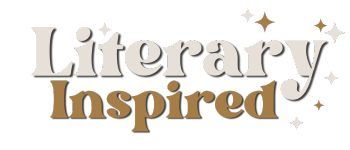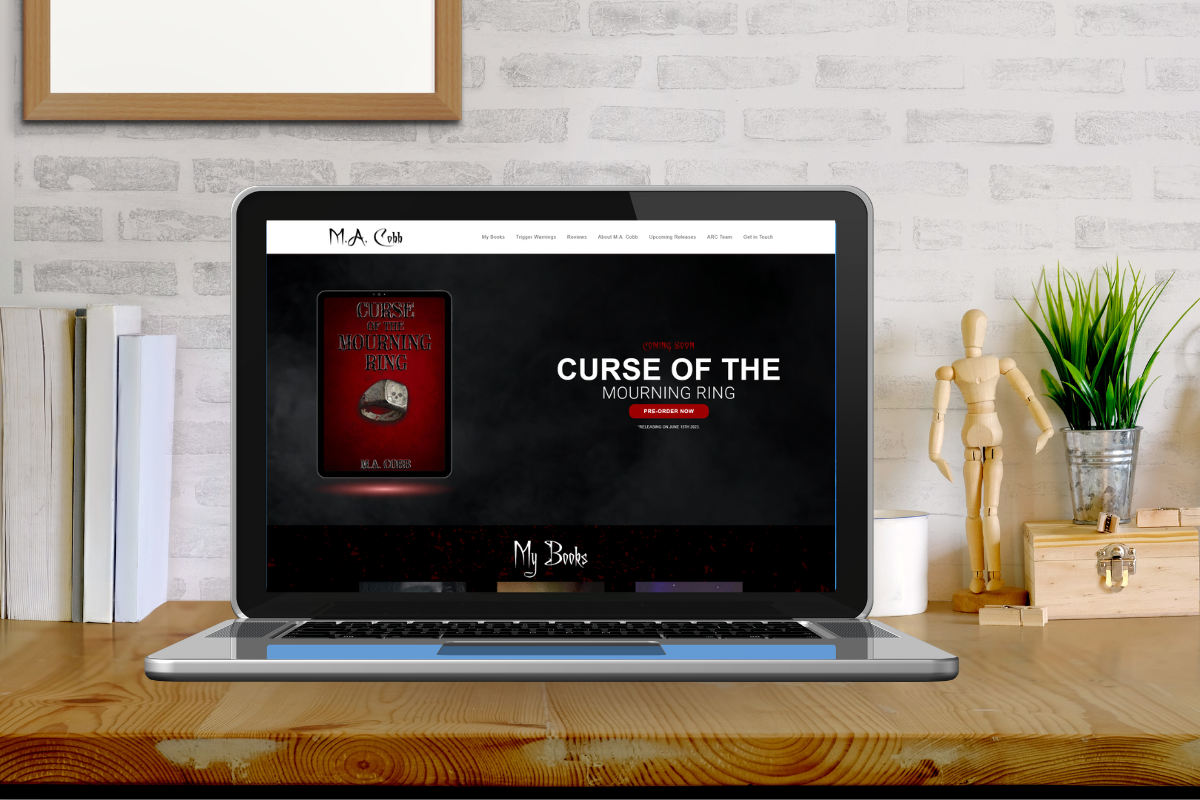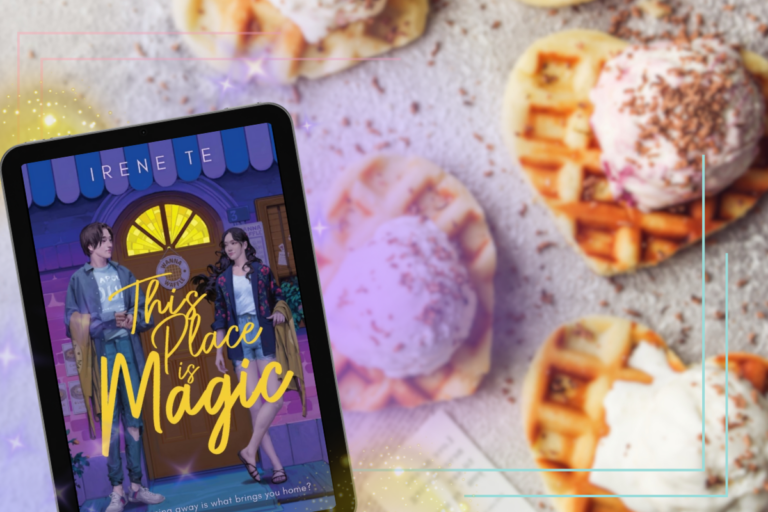In the digital age, a well-crafted author website is as crucial as a meticulously edited manuscript. It’s the virtual home where your readers pop by for a visit, and it’s your job to make their stay as enjoyable as possible. Here’s how to create an author site that’s not only visually appealing but also functional and user-friendly.
Define Your Brand
Your website is a direct reflection of your personal brand and your literary style. Start by asking yourself what emotions or messages you want your brand to convey. Is your writing style elegant and sophisticated, or are you more about a fun, quirky vibe? Your design should mirror this.
User Experience is Key
The usability of your site is paramount. Navigation should be intuitive. No visitor should have to click more than twice to find your books or learn more about you. Moreover, ensure your website is mobile-responsive, as a significant portion of web traffic now comes from mobile devices.
Aesthetics Matter
Choose a color scheme and font that align with your brand. If you write chilling thrillers, darker color palettes can set the mood. For romance authors, softer hues might be more appropriate. Consistency in your design elements will create a cohesive look that resonates with your visitors.
Focus on the Content
Content is king. Provide a clear, concise bio that shares your journey and achievements without overwhelming the reader. Your book pages should include cover images, descriptions, reviews, and purchase links. Remember, less is often more; avoid clutter to keep the focus on your content.
Engage with Imagery
High-quality images can make your website stand out. This could be your author headshot, book covers, or related imagery. Ensure that these images are optimized for web use; they should be high resolution but also compressed for fast loading times.
Build a Blog
A blog can drive traffic to your site, improve SEO, and establish you as an authority in your genre. Share your writing process, book research, or insights into the writing life. Engage with your readers by encouraging comments and discussion.
Optimize for Search Engines
SEO is vital to ensure your website is discoverable. Use relevant keywords throughout your site content, meta tags, and alt text for images. Tools like Google Analytics can provide insights into how visitors find and use your site, helping you to make informed decisions about your content strategy.
Connect with Social Media
Integrate your social media feeds or provide links to your profiles. This creates a bridge between your website and social media platforms, allowing visitors to connect with you across multiple channels.
Include a Newsletter Sign-Up
Email lists are gold in the world of author marketing. Include a sign-up form on your website to collect email addresses. Offer an incentive, like a free chapter or a short story, to encourage sign-ups.
Provide a Contact Method
Make it easy for readers, potential collaborators, or media to get in touch with you. A simple contact form or a listed email address can suffice.
FAQ Section
Q: What should every author website include?
A: An effective author website should include an author bio, book descriptions with cover images, purchase links, a blog, a newsletter sign-up, and contact information.
Q: How can I make my author website stand out?
A: To make your website stand out, ensure it reflects your unique brand, is user-friendly, incorporates high-quality imagery, and has clear, engaging content.
Q: How often should I update my author website?
A: Regular updates are essential to keep your site relevant. Update your blog regularly, add new book details as they’re published, and keep your bio and contact information current.
Q: Can I create an author website myself, or do I need a professional?
A: Many authors successfully create their own websites using platforms like WordPress or Squarespace. However, if you’re not confident in your design skills, hiring a professional can be a worthwhile investment.
Creating an author website is a dynamic and exciting process. It’s an opportunity to showcase your work and connect with your audience on a deeper level. Just like writing a book, building a website is a craft. With patience, attention to detail, and a touch of creativity, your author website can become a destination that readers return to time and time again.
As the digital strategist behind Literary Inspired, I’ve seen the powerful impact a polished author website can have. Remember, your website is more than just a marketing tool; it’s the heart of your digital presence, a place where your literary world comes to life. Make it count.





